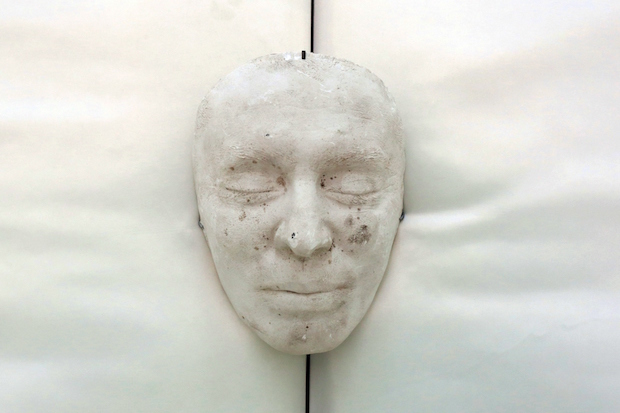My last review for The Spectator was of Julian Barnes’s biographical novel about Shostakovitch. A Girl in Exile also depicts the life of an artist favoured by a brutally oppressive regime, this time written by one who was there. Ismail Kadare survived the rule of that isolationist tyrant Enver Hoxha.
In some quarters, Kadare has been criticised for surviving. Like Shostokovitch, indeed, he has been accused of collaborating with the regime within which he worked, joining the party and accepting public appointments. It is not the business of a book review to enter into such arguments; but some of the criticisms, made by armchair freedom fighters insisting that others should stand up for uncompromising heroism, are obviously, cruelly and merely naive.
Kadare’s fiction evades ideologies, escaping into richer realms of the past, of myth, folklore and dystopian fantasy. At their best, his works are certainly subversive; but they cannot be pigeonholed, even into that worthy category.

Get Britain's best politics newsletters
Register to get The Spectator's insight and opinion straight to your inbox. You can then read two free articles each week.
Already a subscriber? Log in






Comments
Join the debate for just $5 for 3 months
Be part of the conversation with other Spectator readers by getting your first three months for $5.
UNLOCK ACCESS Just $5 for 3 monthsAlready a subscriber? Log in